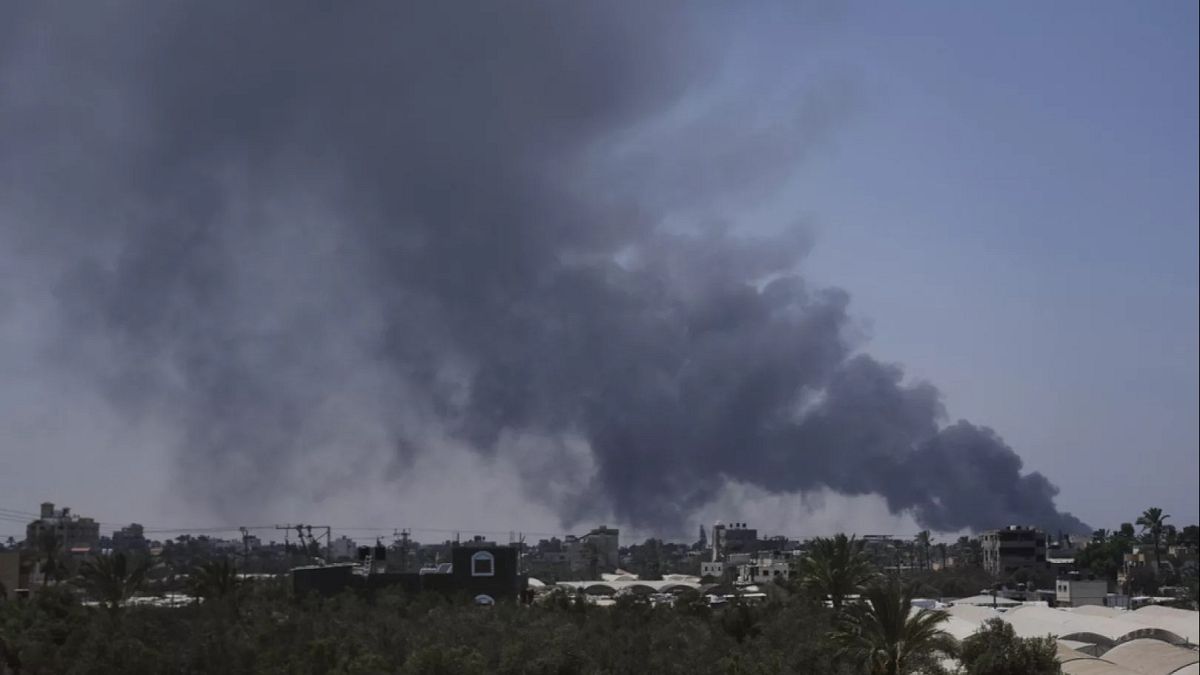

In a week marked by continued turbulence in international affairs, various global entities are taking concerted actions toward peace and humanitarian relief. Efforts span across the Middle East and Eastern Europe, showcasing a blend of diplomatic and supportive initiatives.
In the Middle East, the World Health Organization (WHO) has raised concerns about multiple incidents at its facilities in Deir al-Balah. According to reports, WHO staff accommodations and its main warehouse in the region were involved in a series of attacks, which led to the evacuation of women and children. The organization has called for a ceasefire to ensure that humanitarian operations can continue without further hindrance.
This call for peace resonates with a broader international appeal, as highlighted by the joint statement from the foreign ministers of 28 nations. These officials, representing a diverse group including European countries alongside Canada, Australia, and New Zealand, have come together to demand an immediate ceasefire in Gaza. With the EU Commissioner for Equality, Preparedness, and Crisis Management also signing, this chorus of voices underscores the urgent need to pause hostilities to allow humanitarian aid to reach those in need.
Turning to Eastern Europe, the conflict between Ukraine and Russia is poised for a new round of discussions. Encouraged by previous dialogues, leaders from both nations are set to reconvene in Turkey for peace talks. Ukrainian President Volodymyr Zelenskyy announced this meeting, even as reports indicate intensified military activity, with increased drone attacks impacting Ukrainian territory. These talks are vital, showcasing a persistent diplomatic push amid escalating tensions.
Amidst these negotiations, support for Ukraine is broadening. In a significant development, the United States and Germany have committed to delivering advanced Patriot air defense systems to Ukraine. Known for their capability to detect and intercept various air threats, especially high-end ballistic missiles, these systems represent a crucial reinforcement of Ukraine’s defense infrastructure. This bilateral agreement highlights the international community’s sustained support for Ukraine’s sovereignty and defense.
In Africa, a more humanitarian gesture is unfolding as Egypt has stepped forward to support Sudanese refugees displaced by ongoing civil unrest. With the power struggle between Sudanese military factions causing widespread humanitarian concerns, Egypt is funding free train rides to facilitate the return of refugees to their homeland, particularly focusing on easing their journey back to Khartoum. This initiative not only demonstrates Egypt’s solidarity with its neighbor but also provides a glimmer of relief for those affected by the protracted conflict.
Together, these narratives paint a picture of a world where, despite conflicts, there is a strong undercurrent of efforts directed towards peacebuilding and humanitarian support. As nations and organizations rally for dialogue, aid, and resilience, optimism persists that calm and collaboration can ultimately steer the course towards stability and peace.
Source: {link}
